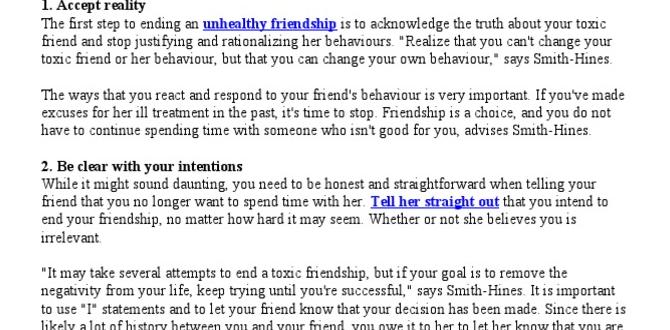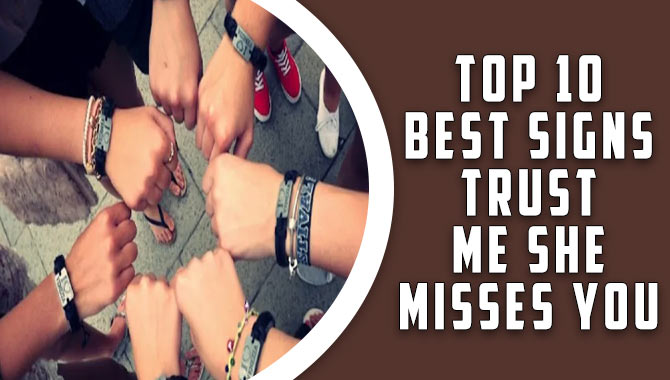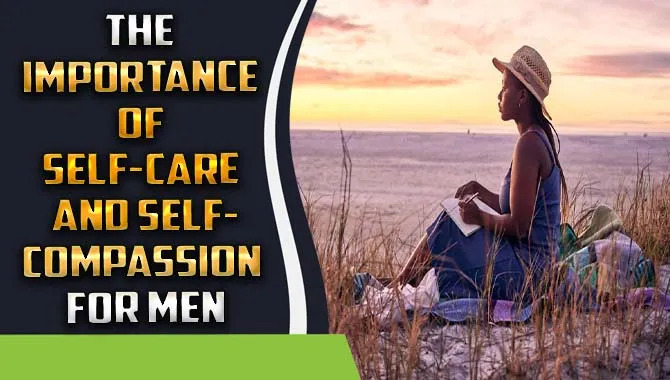Have you ever felt weighed down by a friendship that just doesn’t feel right? Many students face this challenge. It’s hard to admit, but sometimes friends can be toxic. Ending a toxic friendship gracefully is important. But how do you do it without hurt feelings?
Imagine this: You’re at school, and your friend keeps making fun of you. You laugh it off, but it stings inside. Or maybe your friend always demands you do things their way. Does this sound familiar? If so, you’re not alone.
Did you know that nearly half of young people have been in a toxic friendship? It’s true! But the good news is that there are kind ways to end these friendships. In this article, you will learn how to end a toxic friendship gracefully. You’ll discover some simple steps to help you move on without feeling guilty.
How To End A Toxic Friendship Gracefully For Students

How to End a Toxic Friendship Gracefully for Students
Ending a toxic friendship can feel tough, but it’s important for your happiness. You can start by reflecting on why the friendship isn’t working. Is it filled with negativity or jealousy? Communicate your feelings honestly, but kindly. Wouldn’t it be easier if you could just say how you feel? Offer space instead of blame. Remember, it might be a relief for both of you. Friends should uplift each other, not drag each other down!Recognizing the Signs of a Toxic Friendship
Identifying unhealthy behaviors and patterns. Understanding emotional and mental impacts on wellbeing.Sometimes, friendships can hurt more than help. Here are some signs that show a friendship might be unhealthy:
- Constant criticism: If your friend puts you down often, it’s not okay.
- One-sided effort: Do you always reach out first? Healthy friends share the effort.
- Feeling drained: If being with them leaves you tired and sad, that’s a problem.
These behaviors can harm your emotions and mental health. Remember, feeling good should be the most important part of any friendship!
What are the effects of a toxic friendship?
Feeling stressed, anxious, or sad are common effects of a toxic friendship. This can lead to worrying a lot or feeling lonely, even around others.
Preparing for the Conversation
Reflecting on reasons for ending the friendship. Choosing the right time and place for discussion.Think carefully about why you want to end the friendship. Write down the reasons. This will help you stay focused during the talk. Choose a calm place where you can talk without interruptions. This setting makes the conversation easier. Here are a few tips:
- Find a quiet time, like after school.
- Make sure both of you can talk openly.
- Pick a comfortable spot, like a park or café.
Why is it important to choose the right moment?
Choosing the right moment is vital. It helps both friends feel safe and heard. This can lead to a better understanding.
Effective Communication Strategies
Using “I” statements to express feelings. Remaining calm and respectful during the conversation.To end a toxic friendship, clear communication is key. Start by using “I” statements. For example, say, “I feel sad when…” This helps show your feelings without blaming. Stay calm and respectful. If emotions run high, pause before reacting. Here are some tips:
- Listen to their side.
- Express your thoughts kindly.
- Avoid shouting or blaming.
Remember, being respectful helps both of you. A peaceful conversation is the best way to move on.
How can I communicate my feelings effectively?
Use “I” statements to express how you feel. This helps others understand your perspective without feeling attacked. Also, remain calm and respectful throughout the discussion. This creates a better environment for both parties.
Setting Boundaries Post-Conversation
Establishing personal boundaries to avoid future conflicts. Navigating mutual friends and social situations.After chatting, it’s time to set some boundaries to keep things smooth. Think of it as building a wall to stop unnecessary conflicts. You get to decide what makes you comfortable—no one should play peek-a-boo with your feelings!
In social situations with mutual friends, remember it’s like dodging a water balloon fight. Keep things light, stay friendly, and avoid topics that bring up old drama. You can even refer to the little boundary chart below:
| Boundary Type | Example |
|---|---|
| Personal Space | No discussing private matters. |
| Social Interactions | Limit hangouts to group settings. |
| Communication | Text only when necessary. |
Setting these boundaries is key to a peaceful future. Remember, friendship shouldn’t feel like a chore. It’s all about enjoying the good times without the stress!
Dealing with Emotional Aftermath
Managing feelings of guilt or regret. Seeking support from other friends or a counselor.Breaking off a toxic friendship can feel heavy. You might wrestle with feelings of guilt or regret, like you just stepped on a puppy’s tail. It’s natural to wonder if you made the right choice. Remember, it’s okay to feel sad, but staying in a bad friendship is not the answer! Seeking support from trusted friends or a counselor can lighten the load. They can help you see the brighter side (like the ice cream waiting in the freezer!).
| Support Options | Benefits |
|---|---|
| Trusted Friends | They can offer advice and comfort. |
| Counselor | They provide professional guidance and tools. |
Building Healthier Friendships
Identifying traits of positive friendships. Engaging in new social activities to meet likeminded peers.Positive friendships have key traits. They include trust, support, and kindness. Friends who cheer you on and make you feel valued are special. You can find such friends by joining new activities. Try clubs, sports, or art classes. This helps you meet like-minded peers. You may discover new shared interests, making connections easier. Building a strong group can bring happiness and support into your life.
What traits should I look for in a friend?
Look for trust, respect, and kindness. These traits help keep friendships strong and healthy.
How can I meet new friends?
- Join clubs.
- Participate in sports.
- Take art or music classes.
Conclusion
Ending a toxic friendship gracefully is essential for your well-being. First, communicate openly about your feelings. Next, set clear boundaries and take time for yourself. Remember, it’s okay to let go of toxic people. Surround yourself with positive influences instead. For more tips on healthy friendships, consider reading articles or talking to a trusted adult. You’re not alone in this journey!FAQs
What Signs Should I Look For To Identify A Toxic Friendship Before Considering Ending It?To spot a toxic friendship, watch for signs like feeling sad or stressed after hanging out. If your friend is always negative or puts you down, that’s not good. You should also notice if they never listen to you or only talk about themselves. If you feel like you have to change who you are to make them happy, it might be time to think about ending the friendship. Good friends should make you feel happy and loved!
How Can I Communicate My Feelings To A Friend Without Causing Unnecessary Conflict?You can tell your friend how you feel by being honest and kind. Start by saying something nice about them. Then, share your feelings using “I” statements, like “I feel sad when…” This way, you focus on your feelings, not blame them. Listen to their side too, and try to understand each other.
What Are Some Respectful Ways To Distance Myself From A Toxic Friend While Maintaining My Dignity?You can start by being honest but gentle. Tell your friend you need some space to focus on yourself. You can also spend less time together and find new activities or friends. Always be polite and kind, even if you feel hurt. This way, you can keep your dignity while distancing yourself.
How Can I Cope With The Emotional Aftermath Of Ending A Toxic Friendship As A Student?After ending a bad friendship, it’s normal to feel sad or confused. Talk to someone you trust, like a parent or teacher. Write down your feelings in a journal. Spend time with friends who make you happy. Remember, it’s okay to take time to heal.
What Steps Can I Take To Build Healthier Friendships After Leaving A Toxic Relationship?To build healthier friendships, start by taking time for yourself. Think about what you like in a friend. Look for kind and caring people who make you feel good. When you meet someone new, talk openly and share your thoughts. Remember, good friends listen and support each other.






